
Vatican City, May 21, 2025 / 10:46 am (CNA).
Pope Leo XIV will hold a meeting of cardinals on June 13 to give the final approval to the canonizations of several beatified men and women.
The ordinary public consistory, as it is called, will be the first of Leo’s pontificate. Pope Francis had called for the consistory in late February, when he was in the hospital, but the date was never set.
At the consistory, cardinals will vote to approve the canonizations of five beatified men and women whose causes were advanced earlier this year by Pope Francis. The vote of the cardinals marks the final step in the canonization process and allows a date for the Mass of canonization to be set.
Among the almost-canonized saints expected to be discussed on June 13 is Blessed Bartolo Longo (also known as Bartholomew Longo).
Longo, an Italian layman and lawyer, was a former Satanist “priest” who returned to the practice of the Catholic faith through the influence of Mary and the rosary.
The canonization of the Venezuelan “doctor of the poor,” José Gregorio Hernández, is also expected be voted on at the June 13 consistory, along with Pietro To Rot, the first blessed from Papua New Guinea; Vincenza Maria Poloni, the founder of the Sisters of Mercy of Verona; and Ignazio Maloyan, a bishop martyred in the Armenian genocide in 1915.
The consistory will take place in the consistory hall in the Vatican’s Apostolic Palace with all of the cardinals resident or otherwise present in Rome. It usually begins with a short time of prayer.
The Vatican also announced Wednesday a slew of liturgies to be celebrated by Pope Leo XIV in June, including a Mass at the Archbasilica of St. John Lateran followed by a Eucharistic procession through Rome to the Basilica of St. Mary Major for the solemnity of Corpus Christi on June 22.
Here is the full list of public Masses Pope Leo will celebrate during the month of June:
- June 1: Mass in St. Peter’s Square for the Jubilee of Families, Children, Grandparents, and the Elderly
- June 8: Mass in St. Peter’s Square for the solemnity of Pentecost and the Jubilee of Movements, Associations, and New Communities
- June 9: Mass in St. Peter’s Basilica for the memorial of the Blessed Virgin Mary, Mother of the Church, and the Jubilee of the Holy See
- June 15: Mass in St. Peter’s Square for the solemnity of the Holy Trinity and the Jubilee of Sports
- June 22: Mass in the Archbasilica of St. John Lateran and procession to the Basilica of St. Mary Major with Eucharistic benediction for the solemnity of the Most Holy Body and Blood of Christ
- June 27: Mass in St. Peter’s Square for the solemnity of the Most Sacred Heart of Jesus and the Jubilee of Priests
- June 29: Mass in St. Peter’s Basilica for the solemnity of Sts. Peter and Paul, with the blessing of the palliums for the new metropolitan archbishops
If you value the news and views Catholic World Report provides, please consider donating to support our efforts. Your contribution will help us continue to make CWR available to all readers worldwide for free, without a subscription. Thank you for your generosity!
Click here for more information on donating to CWR. Click here to sign up for our newsletter.




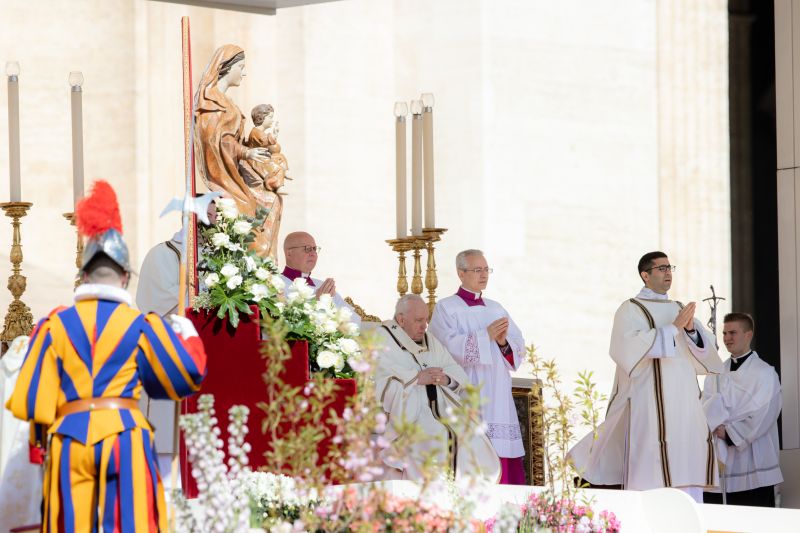
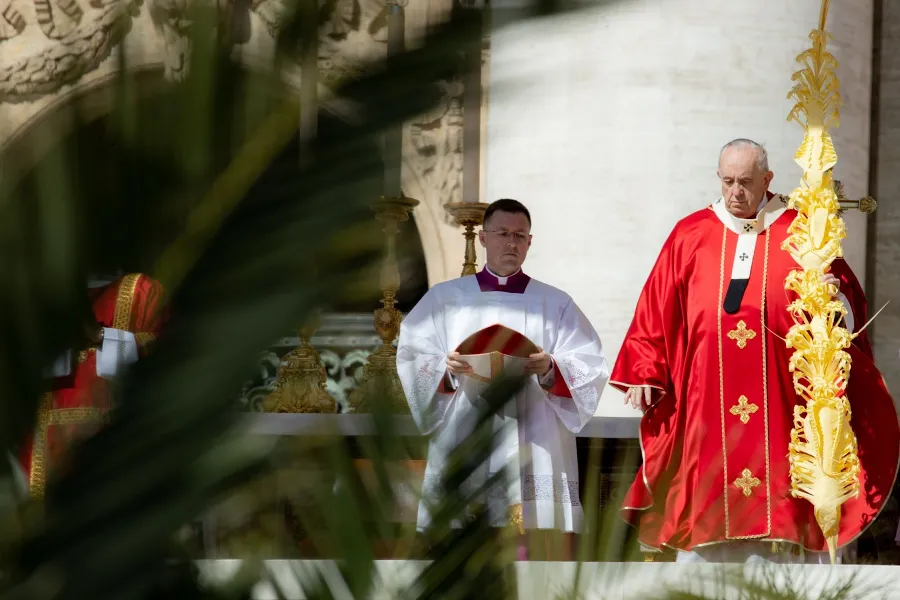
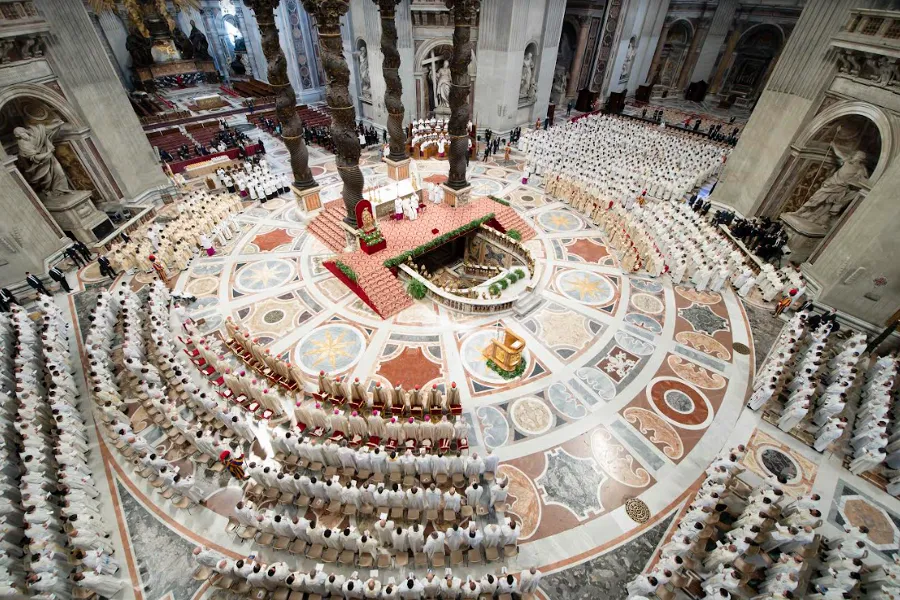
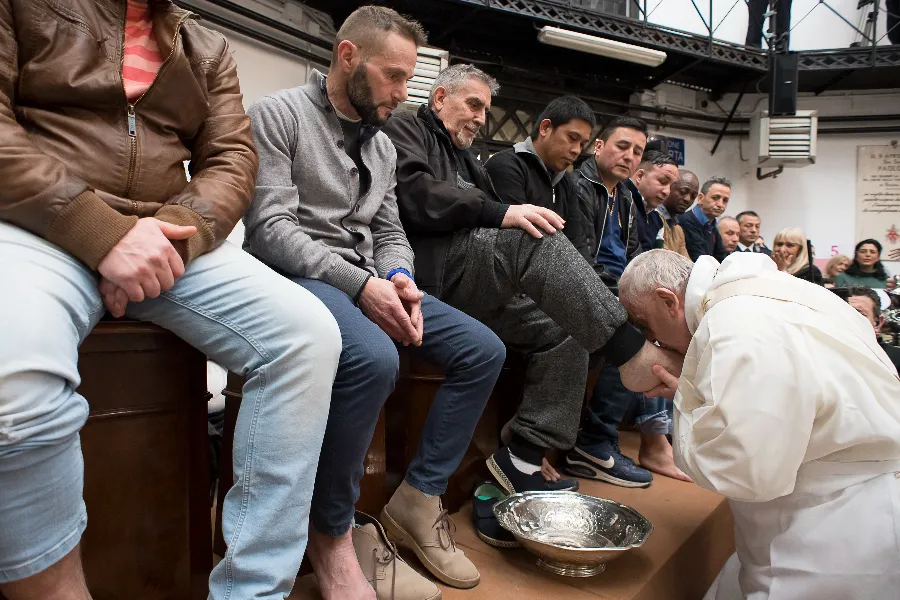
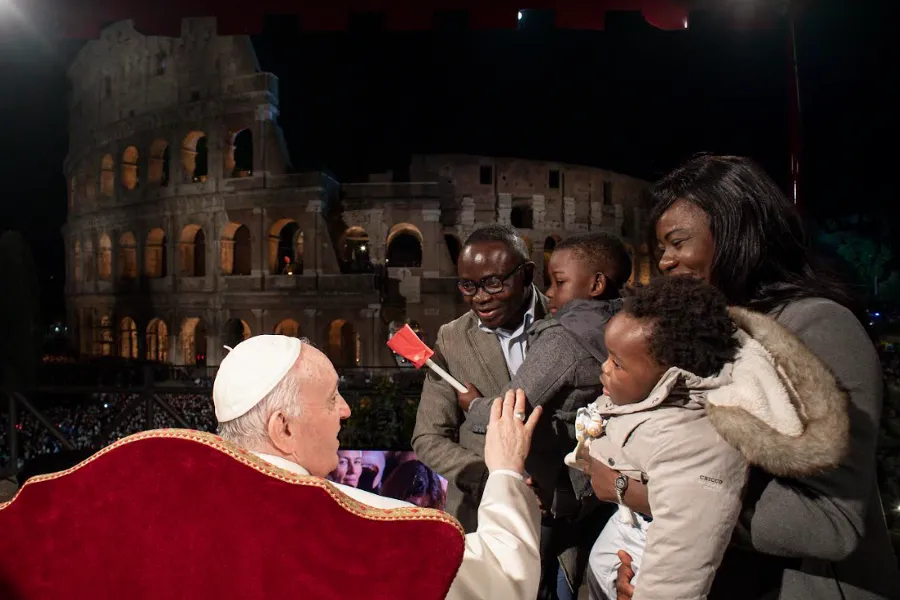
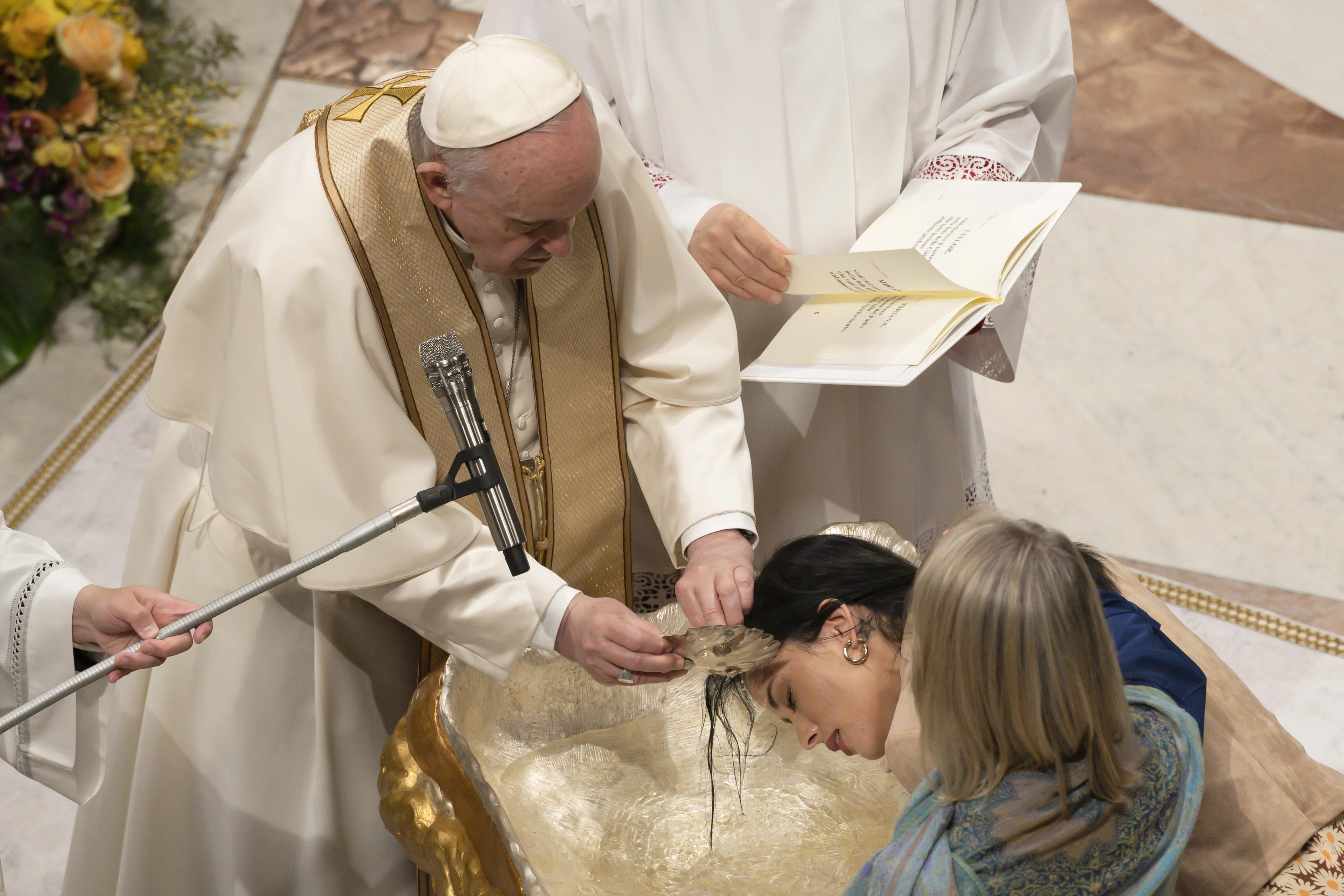
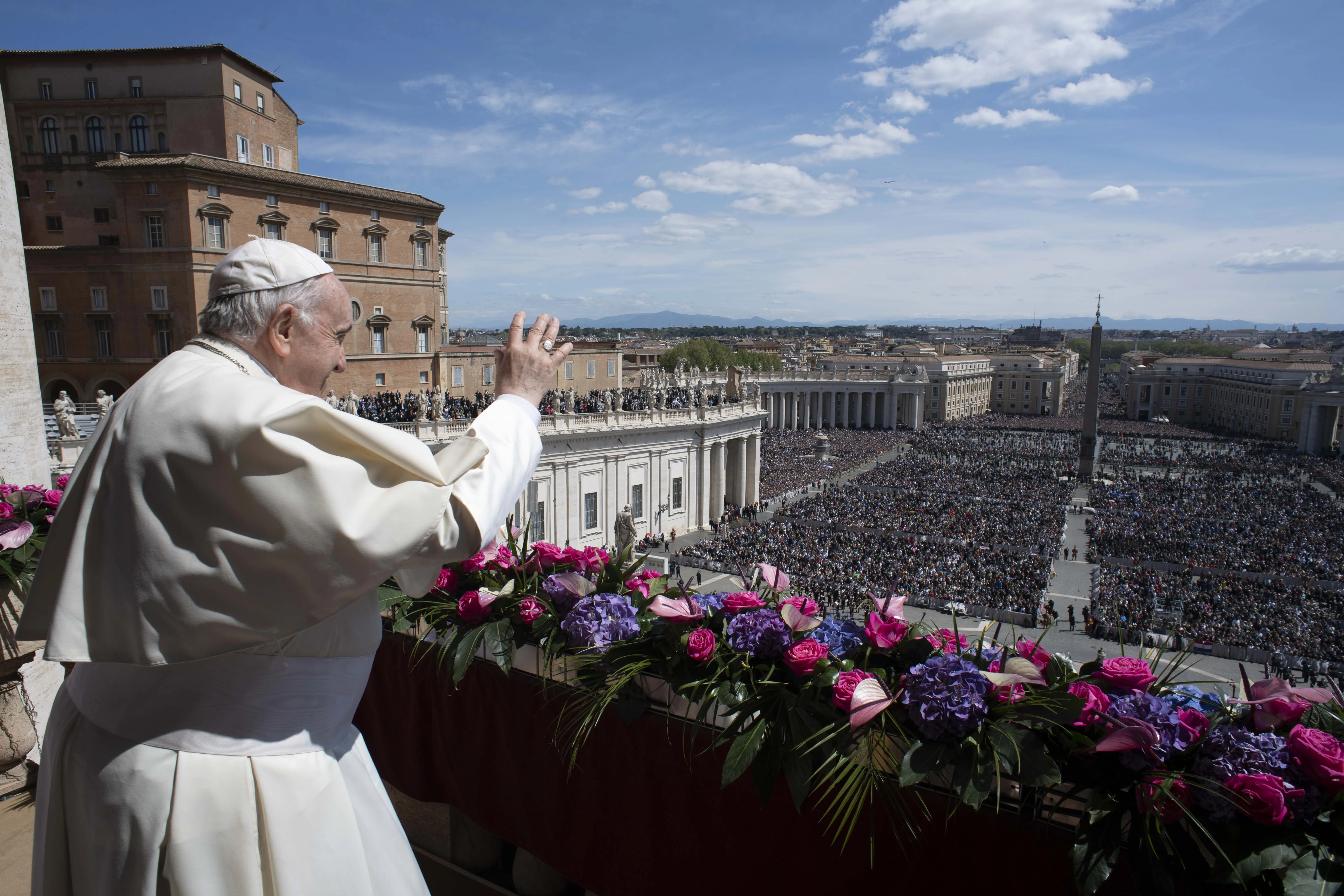
Apparently the Jesuit Pedro Arrupe is not yet on the list to be possibly canonized. https://www.catholicworldreport.com/2024/10/31/vatican-inquiry-into-canonization-of-father-arrupe-mentor-to-pope-francis-begins-next-month/
About whom, here, at least a lingering question on what it means to stress social justice when and IF also muting or rendering ambiguous other aspects of the whole truth. A timely and yet intricate question, but from the back bleachers yours truly recalls a book review by a Jesuit on the ex-Jesuit Malichi Martin’s book, “The Jesuits” (1987):
“In 1965 [Jesuit General Pedro] Arrupe decided to do battle with Pope Paul VI, a kind and weak and tearful man who had made his initial mistake years earlier in listening to Jacques Maritain’s exhortation to work with the world. At General Council 31 [1964-5] the Jesuits decided to transform Paul VI’s commission to fight atheism into the socio-political struggle of the masses. The spiritual and supernatural element in Jesuit Catholicism had been excised [….] General Council 32 [1974-5] converted the Society of Jesus from an arm of the Church engaged in indispensable apostolic works to ‘faith in the service of justice,’ i.e., revolution against the socio-economic-political structure of the capitalist West [….] They succeeded in amalgamating nature with revelation.” (The early Maritain confides in his later “The Peasant of the Garonne” [1968], that Christians were too much engaging in “a kind of kneeling before the world”.)
(Source: Rev. Gerard Steckler, SJ, 1927-2015, in the journal “Faith and Reason,” 1988).